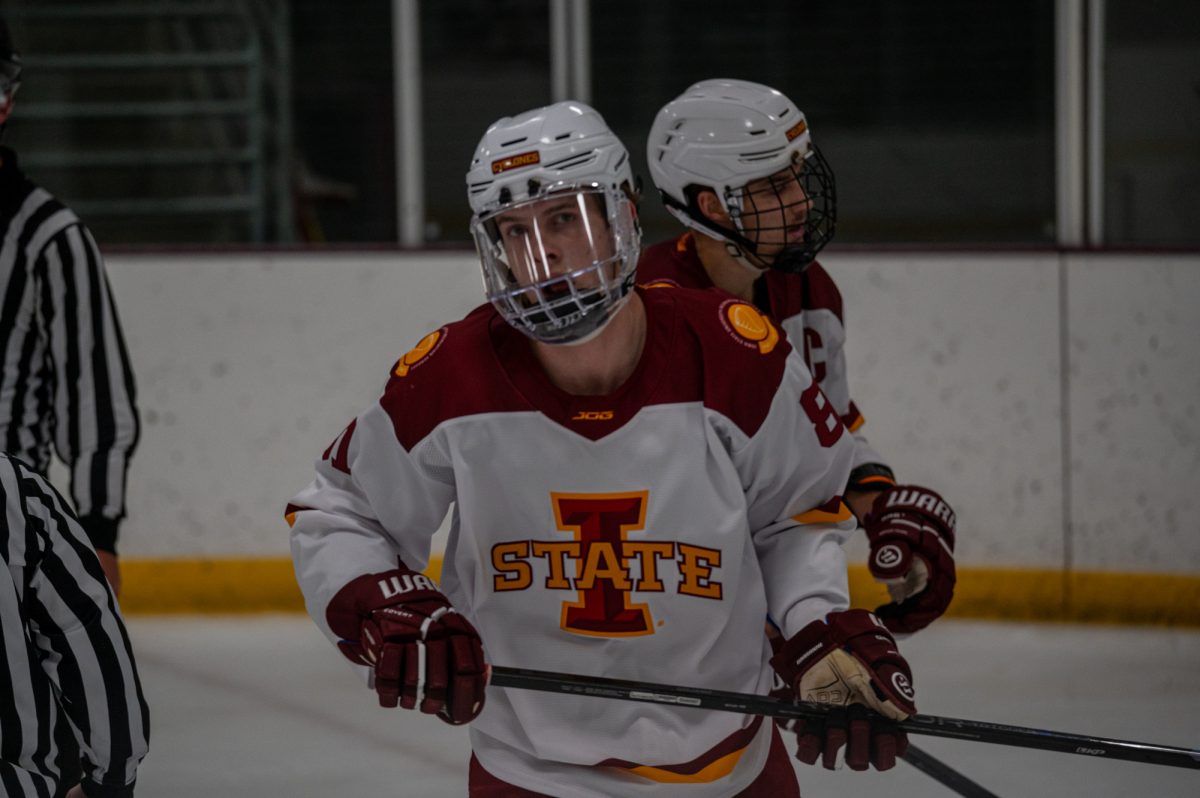LETTER:Event draws only one administrator
April 8, 2002
Thursday’s lecture by Dr. Leigh D. Jeanotte entitled “What universities should provide to attract and retain American Indian students” in the Memorial Union Sun Room was an important opportunity for Iowa State University to show support for the educational advancement of America’s indigenous peoples. At such an event one could expect to find many intellectually fascinated university administrators from admissions, financial aid, housing, the president and numerous other departmental administrators.
In all, only one unnamed liberal arts assistant dean was present on this night.
How does this reflect on the university as a whole? Are there social implications as a result of this general sense of apathy? Yes, Iowa State offers a minor in American Indian studies, but how many other programs and funding sources does the university’s outreach entail?
This man, Dr. Jeanotte, came all the way from North Dakota with a flashy presentation, T-shirts and other gifts only to be received by less than 40 people and one university administrator. This low administrative interest points directly to the systemic nature of Iowa State’s institutionalized racial inequalities.
Dr. Jeanotte’s University of North Dakota, apart from the controversial antics of its mascot the “Fighting Sioux,” serves as a tremendous model for those universities that want to attract, retain, and expect great things from Native American students. The University of North Dakota receives millions in state and federal funds annually to support its 27 Native American programs, provide community outreach to those isolated on reservations, and support its 420 Native American students.
Does Iowa State University make a sufficient effort to promote the educational advancement for Native Americans? Ask some Native Americans what they think of Iowa State’s accommodations. Regardless of how one stands on the issues of affirmative action, one must recognize the reality of such a lecture’s significance. Hopefully, the next Symposium on American Indians receives the attention (more than one university administrator) and reception that it deserves because, ironically, it was their land that became our “land grant.”
Paul Goodman
Junior
Sociology






